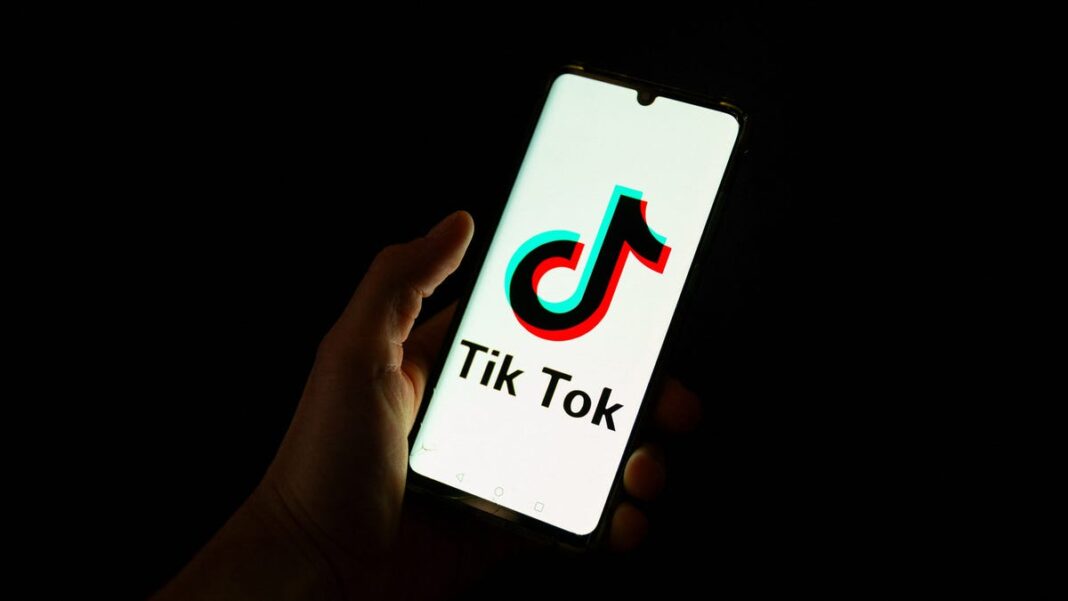Federal appeals court edges closer to TikTok ban in the U.S.: Key details
If ByteDance, TikTok’s Chinese parent company, fails to sell the platform by January 19, the app will be removed from U.S. app stores and websites.
A federal appellate court has endorsed legislation that could lead to a ban on TikTok in the U.S. if the social media platform, owned by Chinese company ByteDance, is not sold by January.
On Friday, the U.S. Court of Appeals for the District of Columbia Circuit decided against reviewing three petitions filed by TikTok and ByteDance, which sought to challenge the newly passed legislation. The court deemed these petitions unconstitutional.
Earlier this year, Congress enacted the Protecting Americans from Foreign Adversary Controlled Applications Act, and President Joe Biden promptly signed it into law. This legislation is set to take effect on January 19, 2025. If TikTok remains under ByteDance’s control at that time, it will be illegal to distribute the app in the U.S., meaning users will not be able to download it from platforms like the Apple App Store or Google Play. Furthermore, internet service providers will be mandated to block access to the app on U.S. web browsers.
Users who currently have TikTok on their devices will still be able to use it, but they won’t receive updates once the app is removed from stores.
However, if ByteDance sells the app to another party before January 19, it will still be accessible in the U.S.
What is TikTok?
TikTok is a popular social media platform that focuses on short videos. Users can create, share, and engage with content ranging from three seconds to ten minutes long, utilizing various filters, music, and stickers to enhance their videos.
What prompted the government to pass the TikTok bill?
TikTok has raised national security concerns among officials for several years. There are worries that ByteDance, headquartered in Beijing, could access American user data and share it with the Chinese government.
In 2019, President Donald Trump declared a national emergency due to findings that “foreign adversaries,” specifically ByteDance, were “exploiting vulnerabilities” in communications technologies. He then restricted any business transactions with the company.
In 2021, President Biden followed up with an executive order asserting that ByteDance continued to pose a risk to U.S. national security and economy. In 2022, he signed a law banning TikTok on government devices.
TikTok’s response
In response to these national security claims, TikTok and ByteDance have denied any wrongdoing. During court arguments against the proposed ban earlier this year, TikTok attorney Andrew Pincus highlighted the potential impact of the legislation.
“This law is unprecedented and would have massive repercussions,” Pincus stated. “For the first time, Congress is explicitly targeting a unique U.S. platform by blocking its communication and that of 170 million American users.”
In recent months, ByteDance has asserted that selling TikTok is “not feasible,” whether from a commercial, technical, or legal perspective.
The federal appeals court acknowledged the significant consequences a ban would impose on TikTok and its users.
“If TikTok does not complete a qualified sale by January 19, 2025, it will effectively be unavailable in the United States, at least temporarily,” the court opinion read.

